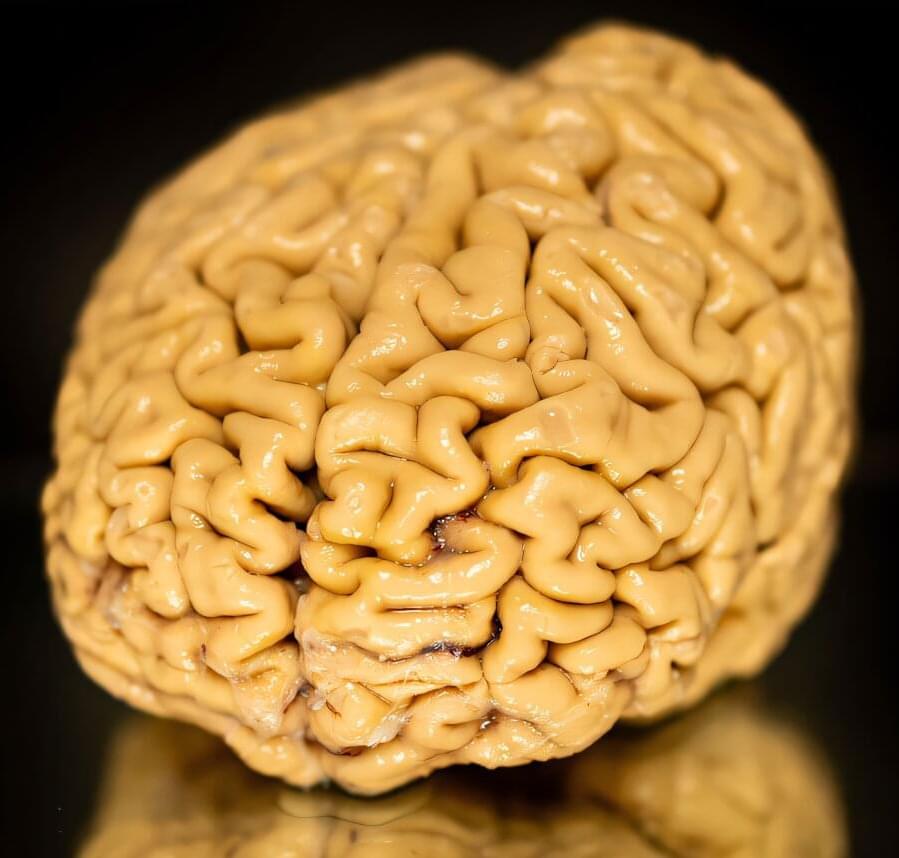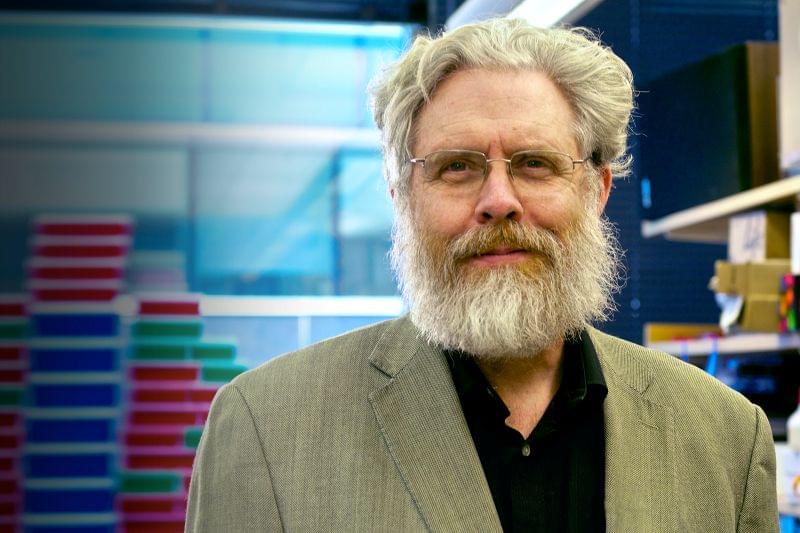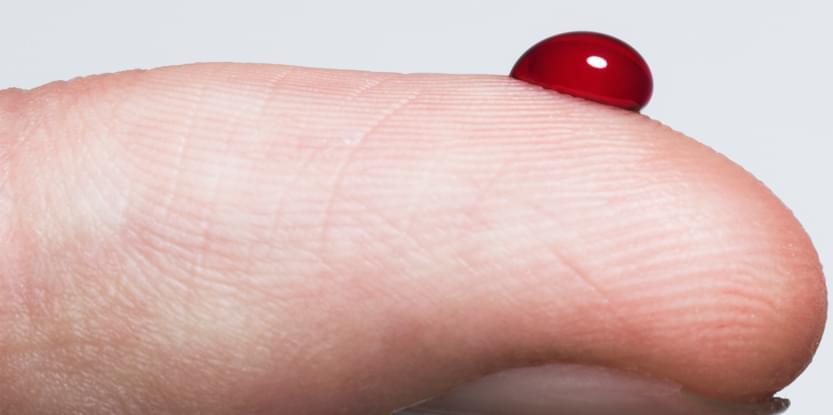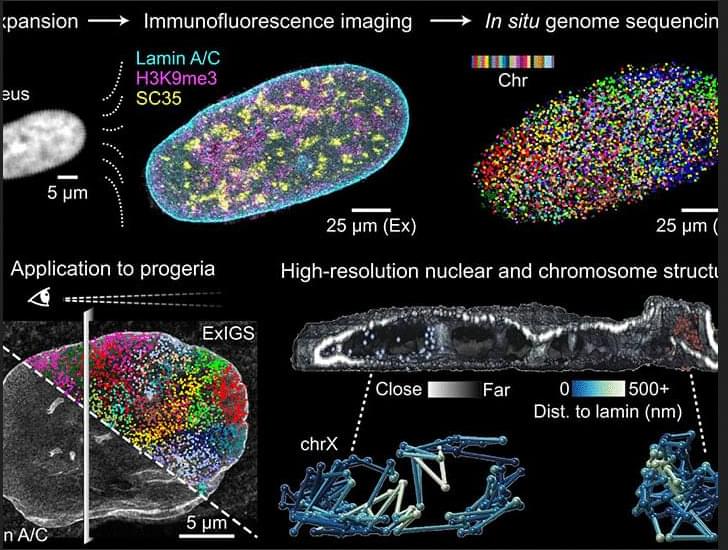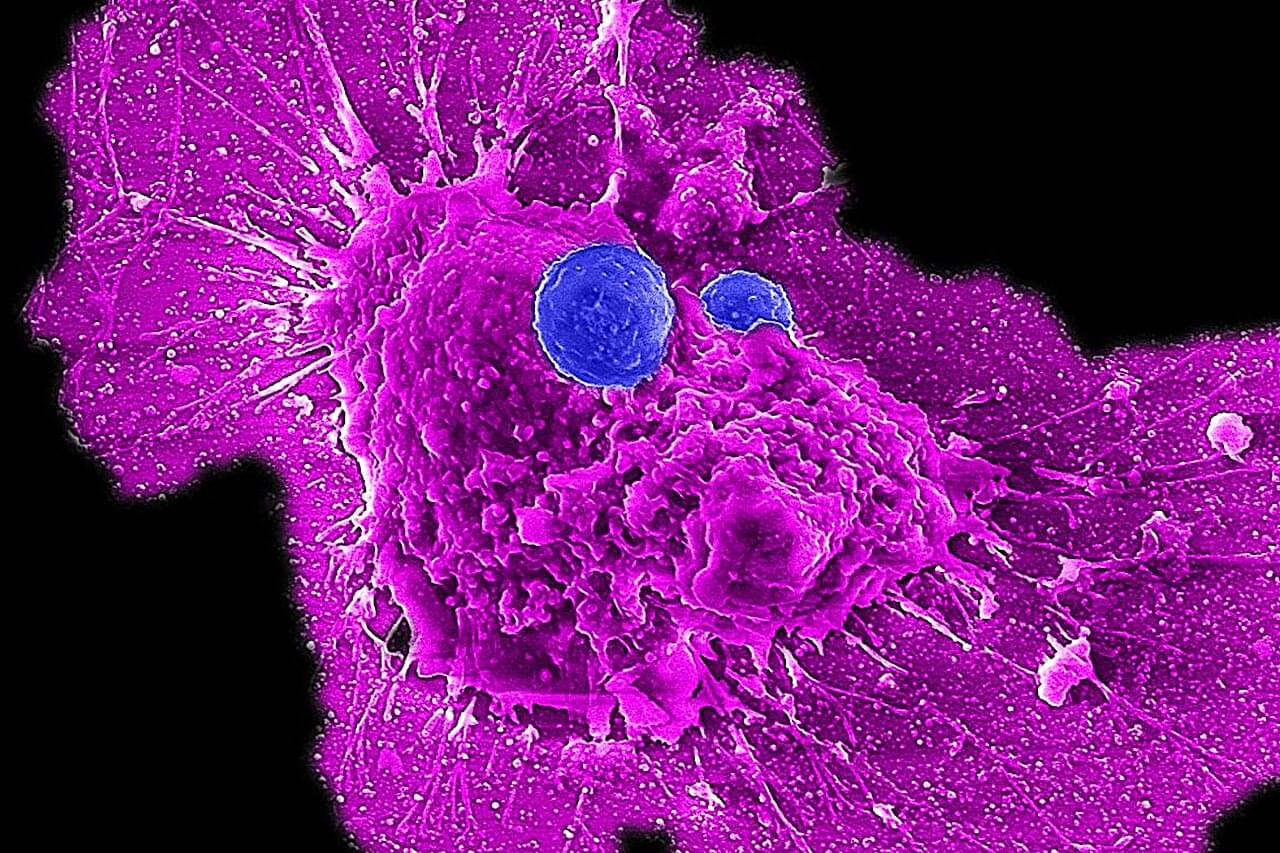Take note of the name: ReHMGB1. A new study pinpoints this protein as being able to spread the wear and tear that comes with time as it quietly travels through the bloodstream. This adds significantly to our understanding of aging.
Short for reduced high mobility group box 1, ReHMGB1 triggers senescence in cells, permanently disabling them. It doesn’t just do this locally; it can send damaging signals throughout the body, particularly in response to injuries or disease.
“An important question in aging research is why senescent cells increase with age,” write the study authors, led by researchers from the Korea University College of Medicine.


